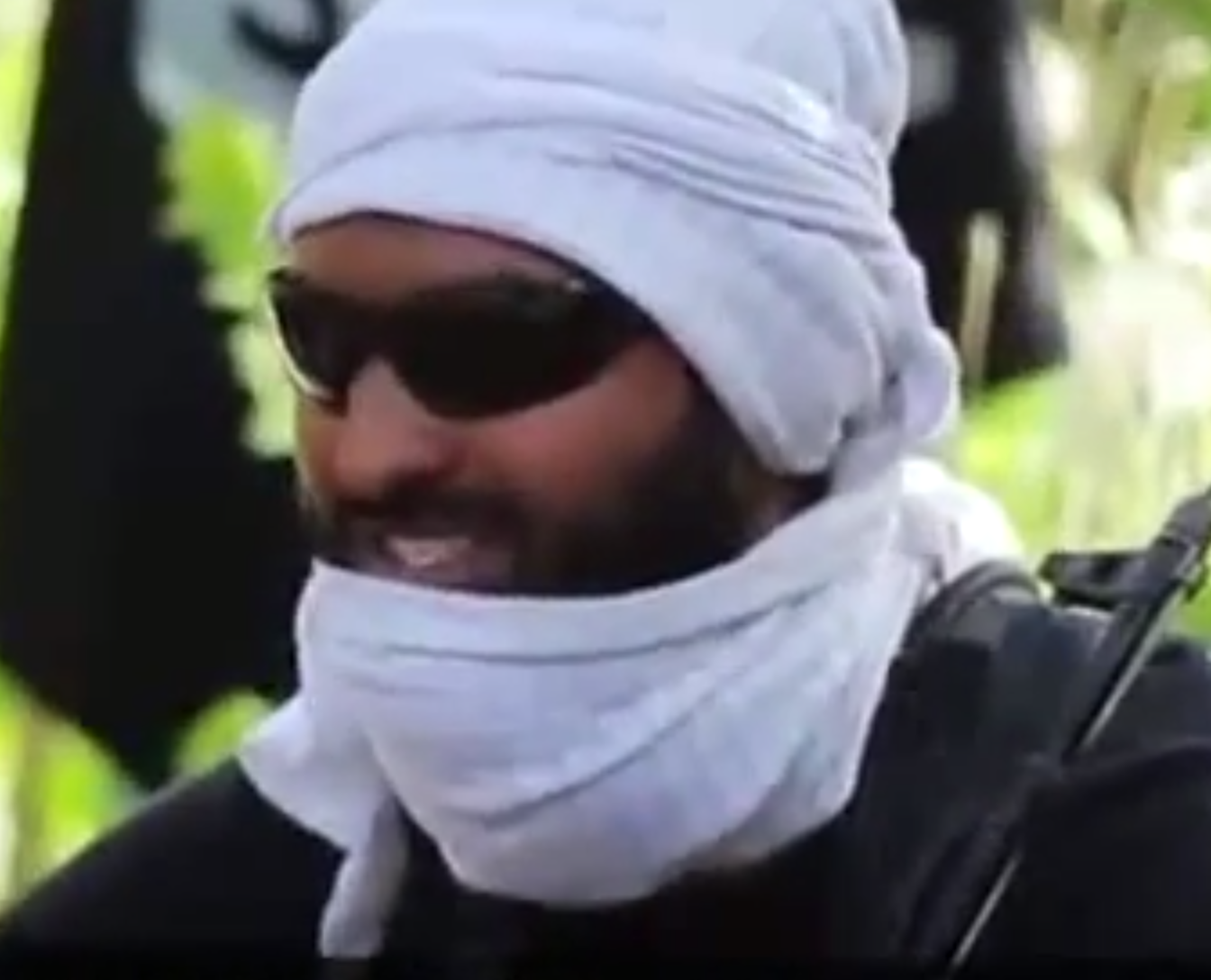An expert in Islamic terrorism has said he does not believe Aberdeen is facing a threat from radical Moslems.
Professor Stephen Vertigans is head of the School of Applied Social Studies at Robert Gordon University and has written extensively on militant Islam.
He believes Abdul Raqib Amin – the Isis fighter who grew up in Aberdeen – was radicalised elsewhere and does not pose a risk to his home city.
“It’s one individual out of many,” he said.
“It should be stressed that he has not actually threatened anybody in Aberdeen. He is asking people to go over there and fight.
“My view is very much that Aberdeen does not have a problem that I am aware of with radicalisation.
“It would appear that this is an isolated individual, or part of a very small network, who looks to have been radicalised outside Aberdeen.”
Professor Vertigans said he believed Amin’s message in the video – posted on Friday – was directed at middle-class Britons, whose skills and resources are targeted by militant groups.
“There’s a notion that it’s always people in poverty, but if it was it would be much easier to tackle,” he said.
“If you look at the recent video that’s caused the concern, that is not being directed at people in poverty – it’s people with jobs, houses, educations.
“If you listen to what the guy from Aberdeen is saying, he is saying ‘are you willing to sacrifice the fat job, the big car, the family’.
“There is clearly an emphasis on the material things that you have in the UK, and are you willing to sacrifice that. They are targeting the well-educated.
“People need to have the money to get themselves to Turkey. I think people underestimate how hard it can be.
“The reasons why they have got jobs is because they have skills which are attractive to these organisations.”
Prime Minister David Cameron said last week that Isis posed a threat to the UK, but Professor Vertigans said this was an exaggeration of the danger at the moment.
“In time, there may be a return to attacks in the UK, but it’s unlikely to be sustained attacks, more likely to be sporadic,” he said.
“In terms of statistics, if you look at the number of people being killed by acts of terror in recent years, you are talking about a fraction of violent deaths.”
